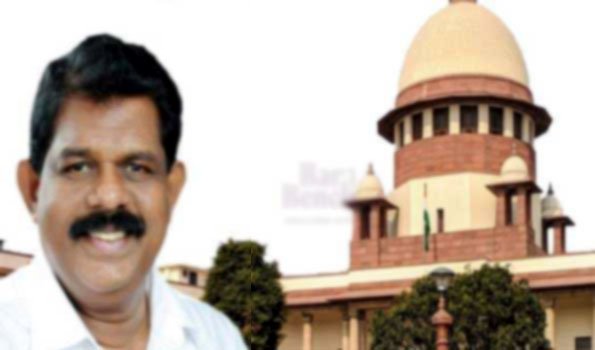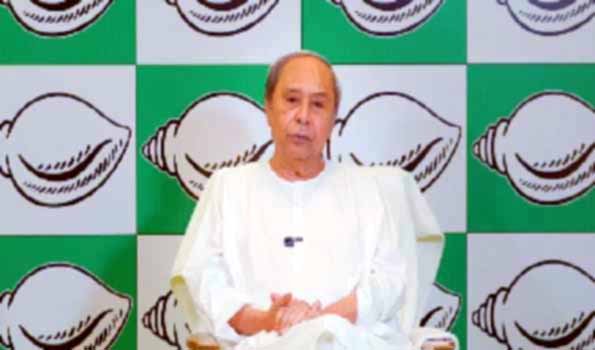New Delhi, Nov 20 (UNI) The Supreme Court on Wednesday restored criminal proceedings initiated against Kerala MLA and former Minister Antony Raju in a decades-old evidence tampering case.
The charges stem from his alleged involvement in tampering with a material object—an underwear seized as evidence—in a 1990 drug case when he was a junior lawyer.
A bench comprising Justice CT Ravikumar and Justice Sanjay Karol ruled that the Kerala High Court had erred in quashing the proceedings by invoking Section 195(1) (b) of the Code of Criminal Procedure (CrPC).
The top Court was hearing Kerala MLA Antony Raju’s plea to quash criminal proceedings initiated against him over alleged tampering of evidence in a drugs case conducted by him as a junior lawyer in 1990.
The Apex Court restored the Chief Judicial Magistrate’s order taking cognizance of the chargesheet against Raju and directed that the trial be concluded within one year.
The Supreme Court directed Raju to appear before the trial court on December 20.
The bench also upheld the Kerala High Court’s directive for a fresh investigation into the case, rejecting Raju’s argument that a third party, appellant MR Ajayan, lacked locus standi to appeal.
The case dates back to a 1990 drug seizure involving an Australian national caught with charas in his underwear.
Raju, then assisting the defence, as a junior lawyer allegedly tampered with the underwear, a crucial piece of evidence.
The Kerala High Court had acquitted the Australian on appeal, citing the ill-fitting underwear as a reason, but noted possible evidence tampering and ordered a vigilance inquiry.
In 1994, an FIR named Raju and a court staff as accused under sections 120B, 420, 201, 193, and 217 of the IPC. However, the trial saw prolonged delays.
In 2022, media reports about the pendency of the case prompted Raju to approach the Kerala High Court, which quashed the case citing technical grounds under Section 195(1)(b) CrPC but allowed for fresh proceedings.
This was challenged in two special leave petitions before the Supreme Court.
The Top court emphasized the serious nature of the allegations and their potential impact on the administration of justice.











